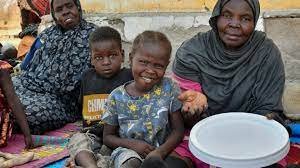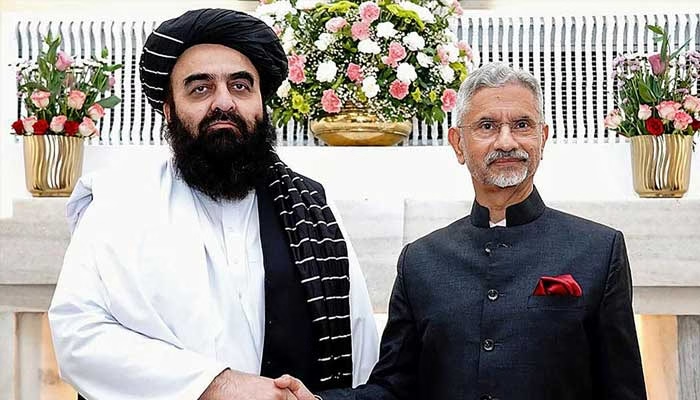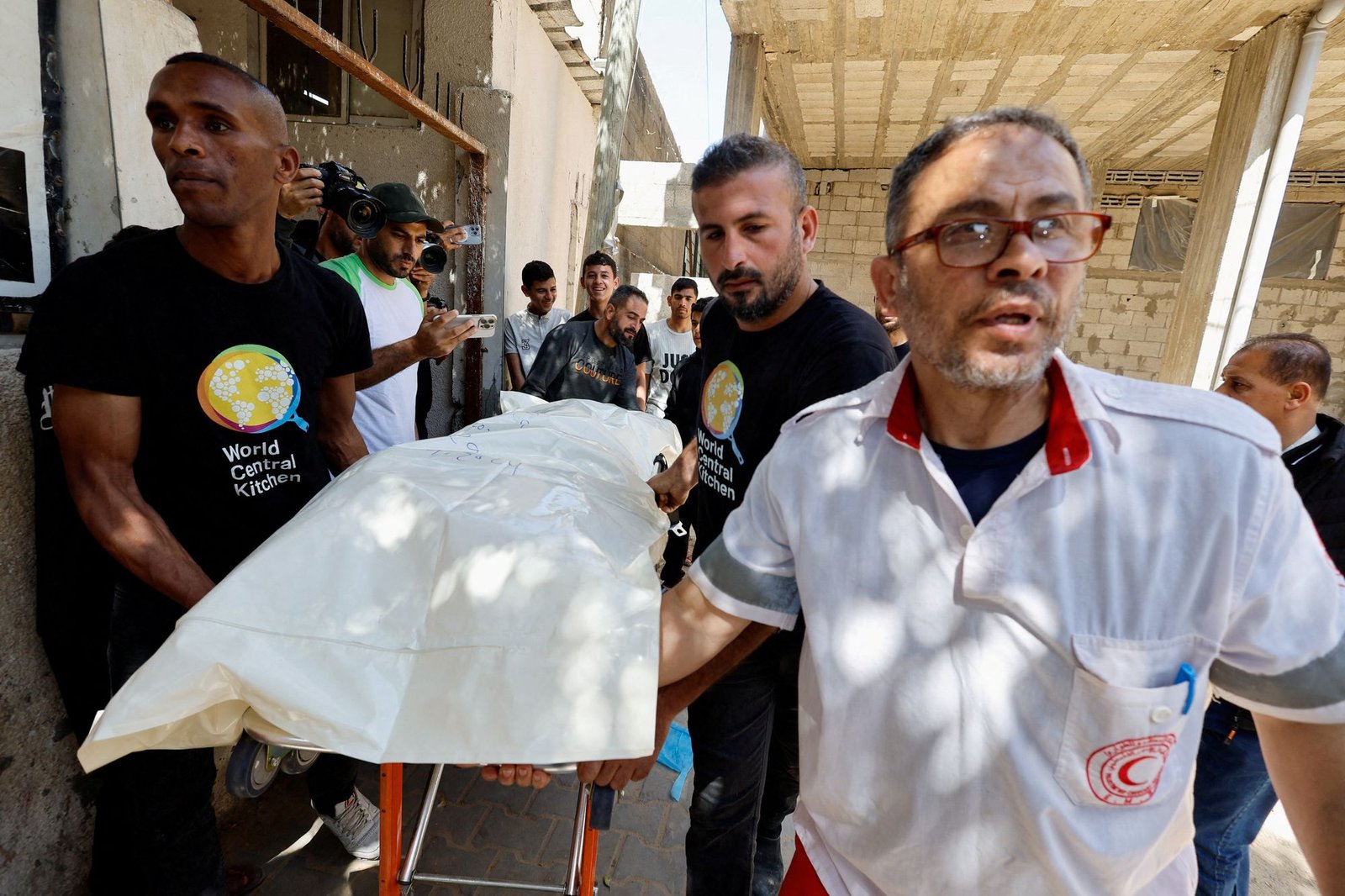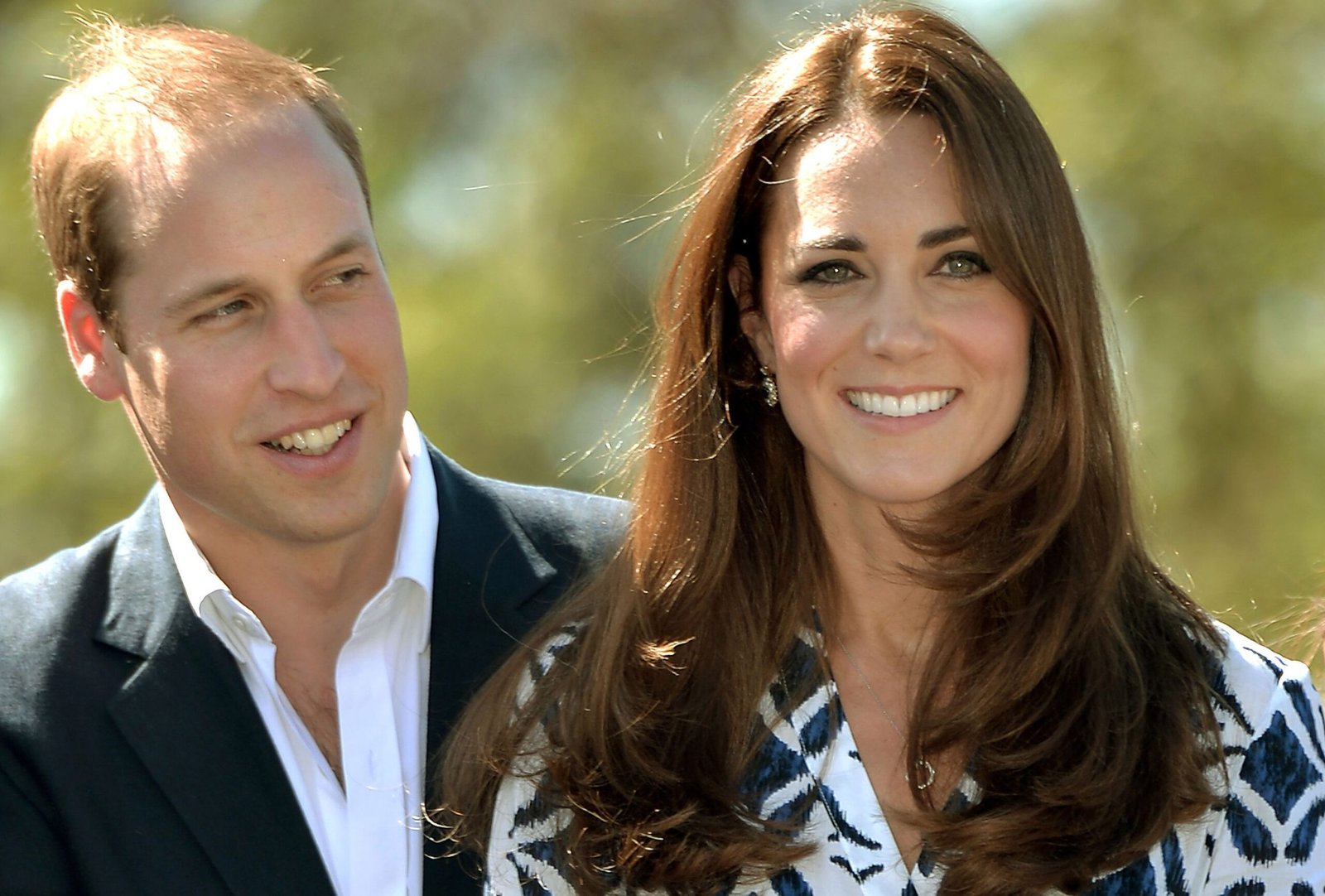A senior official from the US State Department issued a stark warning, indicating that without immediate action, the upcoming elections in South Sudan, scheduled for December, risk devolving into a non-credible process due to the government’s sluggish preparations.
In an interview with Reuters, the official expressed concerns about the legitimacy of the electoral process, labeling it as potentially sham unless urgent measures are taken.
South Sudan intends to hold national elections later this year to elect leaders to succeed the current transitional government, headed by President Salva Kiir and First Vice President Riek Machar, whose factions engaged in conflict during the 2013-2018 civil war.
President Kiir previously announced a two-year extension for the transitional government in 2022, thereby postponing the scheduled elections.
Regarding the prospects of the December elections proceeding as planned, the US official assessed the likelihood as uncertain, giving it a 50/50 chance.
Speaking on the condition of anonymity, the official emphasized that if the elections face delays or violence erupts, the US would explore various options, including sanctions and adjustments to its diplomatic engagement with South Sudan.
Options under consideration also encompass Washington’s development assistance and other forms of engagement with the country, the official elaborated.
As of yet, there has been no response from the government of South Sudan to requests for comment from Reuters.
Deputy Assistant Secretary for East Africa, Sudan, and South Sudan, Peter Lord, recently visited the country, urging its leaders to take necessary actions to ensure credible and peaceful elections in December, as reported by the embassy.
Despite South Sudan formally being at peace since the 2018 agreement that ended the five-year conflict, sporadic violence between rival communities remains a concern.
However, the US official cautioned that South Sudan has not fulfilled commitments made two years ago, such as conducting a census, drafting a constitution, and establishing essential democratic institutions for holding elections.
The official highlighted concerns about the recent establishment of electoral institutions without a thorough or considered process.
While President Kiir appears inclined towards holding elections for their legitimacy, the official noted opposition from figures like Machar, who fear political defeat. Machar insists on completing all commitments outlined in the extended peace agreement before holding elections, a sentiment echoed by civil society in South Sudan.
The official observed a prevailing apprehension within civil society regarding the potential for violence due to inadequate preparations by the government. Despite a desire for elections, there is acknowledgment that essential groundwork has not been completed.



